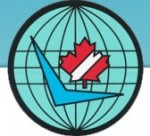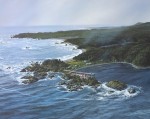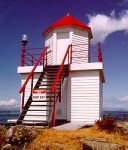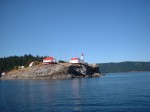 I received the following in an email today. Based on yesterdays’s MCTS announcement, I think this applies. Government thinking sometimes is so adverse to public wishes that I think government ministers must live in another universe.
I received the following in an email today. Based on yesterdays’s MCTS announcement, I think this applies. Government thinking sometimes is so adverse to public wishes that I think government ministers must live in another universe.
*****************************
The tribal wisdom of the Dakota Indians, passed on from generation to generation, says that; “When you discover that you are riding a dead horse, the best strategy is to dismount.
However, those in government will apply a more advanced strategy to solve the same problem.
1. Buying a stronger whip.
2. Changing riders.
3. Appointing a committee to study the horse.
4. Arranging to visit other countries to see how other cultures ride dead horses.
5. Lowering the standards so that dead horses can be included.
6. Reclassifying the dead horse as living-impaired.
7. Hiring outside contractors to ride the dead horse.
8. Harnessing several dead horses together to increase speed.
9. Providing additional funding and/or training to increase dead horse’s performance.
10. Doing a productivity study to see if lighter riders would improve the dead horse’s performance.
11. Declaring that as the dead horse does not have to be fed, it is less costly, carries lower overhead and therefore contributes substantially more
to the bottom line of the economy than do some other horses.
12. Rewriting the expected performance requirements for all horses.
And of course….
13. Promoting the dead horse to a Civil Service supervisory position.





